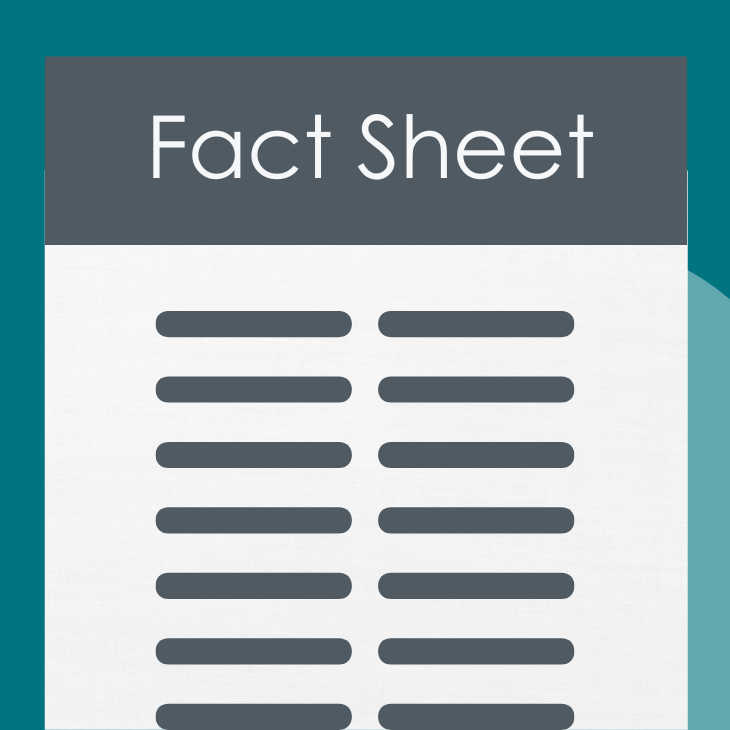
Revised 2023
What is endometriosis?
Endometriosis is when tissue is found outside the uterus that appears similar to the lining of the uterus (endometrium). Endometriosis may grow outside the uterus, ovaries, and fallopian tubes, and even on the bladder or intestines. This tissue can irritate the structures it touches, causing pain and adhesions (scar tissue) on these organs.

Can endometriosis affect the ability to get pregnant?
Endometriosis can make it more difficult to become pregnant. In fact, 20% to 50% of infertile females have endometriosis. There are many ways that endometriosis is suspected to decrease fertility. These include pelvic inflammation and scar tissue, impairment of fallopian tube function, and decreased egg quality.
How can I tell if I have endometriosis?
While many individuals with endometriosis have pelvic or abdominal pain, particularly with menstrual bleeding or when having sexual intercourse, some have no symptoms at all. Sometimes, endometriosis can grow inside the ovary and form a cyst called an endometrioma. These cysts usually can be seen on ultrasound, unlike most other implants of endometriosis. The gold standard way to tell for certain if you have endometriosis is through a surgical procedure called laparoscopy.
How is laparoscopy performed?
Laparoscopy is called “minimally invasive” surgery because the surgeon makes very small incisions at (or around) your belly button and lower portion of your belly. A thin telescope-like instrument with a camera (the laparoscope) is placed into one incision, which allows the doctor to look for endometriosis. Small instruments are inserted through other incisions to remove tissue and scar tissue. Your doctor may evaluate the amount, location, and depth of endometriosis present.
If I think I have endometriosis, do I need surgery to be able to get pregnant?
Laparoscopy may provide useful information to help you and your doctor determine the best options to help you conceive and if you need to undergo fertility therapy. However, there is a limit as to how much surgery can improve pregnancy rates. Your treatment will be individualized and should consider all available methods to help you become pregnant. For instance, surgery can improve chances of natural conception as it may help restore your normal pelvic anatomy to allow the ovaries and fallopian tubes to work better. It may also be useful for those with large endometriomas to improve fertility rates or access to the ovaries. Surgery can also improve pain for people with endometriosis. Talk to your doctor about whether surgery is right for you.
Fact Sheets/Booklets
View more fact sheets and booklets written by the ASRM Patient Education Committee.
Menopausal Transition (Perimenopause): What Is It?
The menopausal transition (perimenopause) is the period that links a woman’s reproductive (childbearing) years and menopause.
Osteoporosis
Osteoporosis and osteopenia are conditions of having low bone mass (density).
Hyperprolactinemia (High Prolactin Levels)
Prolactin is a hormone produced by your pituitary gland which sits at the bottom of the brain.Endometriosis
Find a Health Professional











